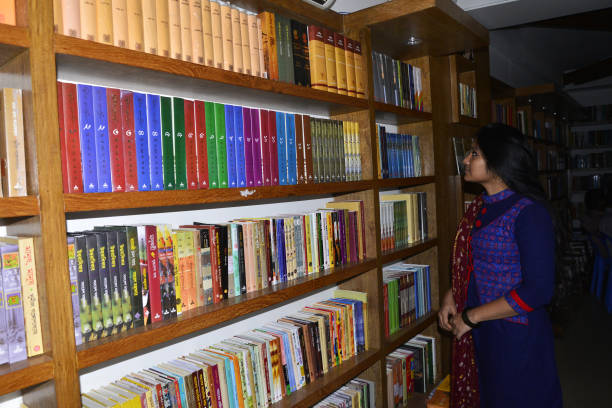I would like to say that I write this in the kitchen sink, but unfortunately that particular cliché is currently in use. Instead, I find myself firmly seated on the sofa, pondering the coming of age novel, or Bildungsromanista, and the role it has played in the emotional development of countless teenagers as they attempt to bridge the seemingly impossible gulf between child and adult.
Growing up as a truly “misunderstood teenager”, obsessed with my own emotional development and mortality, I have always found solace in reading the tales of other, like-minded individuals, as they find themselves on similar paths. The plots of these novels are certainly diverse, ranging from documenting the trials and tribulations of falling in love with your sister’s fiancé (“I Capture The Castle”) to taking down a totalitarian regime whilst surviving a death game (“Every teen fiction novel published in the last 10 years”), but they all feature one key element: growth, of the emotional variety.
The Only Way to Grow Is Up: The Coming of Age Novel in the 21st century
Whilst the general pattern of the coming of age novel has remained regular (protagonist, on the brink of adulthood must overcome social and personal obstacles, in doing so shedding the skin of their childhood self), the context in which they are written has undergone significant change in the last 100 years; World Wars, Cold Wars, The Spice Girls, the transition to decimal currency and Donald Trump. This leads me to question whether the coming of age novel still holds as much relevance in a society where 25 year olds are moving back in with their parents, having discovered the harsh reality of real estate and the job market. It is even possible to grow up when the odds seem so crushingly against our favour?
The boundary between childhood and adulthood is blurred, everything has become ambiguous, when questioned about the morality of dating older men for money, or applying for Blue Peter bades at the ripe old age of 23, all you seem to muster is a faint “meh”. Something, it would appear, J.K Rowling failed to capture when documenting Harry’s rather seamless transition from The Boy Who Lived to Dark Wizard-killer supreme.
Recently the trend “Kidulting” has taken pop culture by storm. Where millennials, choosing to create havoc in shopping trolleys, shirk responsibilities and fulfill their dreams of returning to their childhood. Or manchildhood. The youth of our society are rebelling against the norms of “growing up”, which is something the typical coming of age novel fails to grasp. In her quest for belonging, Jane Eyre does not shirk her responsibility as an adult woman and choose to couch surf across the Yorkshire Moors, but rather she finds employment and, in turn, independence.
It would seem that the coming of age novel has evolved into new methods of telling these stories, most recently expanding into TV programmes, such as Lena Dunham’s GIRLS, in which a quirky new form of coming of age is depicted. Having reached their twenties, and realised that their lives are far from sorted, these girls discover that everything is about adulthood is a lie. While previous novels of the genre depicted characters who seemed to accept the disappointment that adulthood brings, these girls tend to rebel against it, desperately holding onto their childhood for as long as possible. Is this the coming of age novel in an updated format? Have coming of age novels been lying to us about the simplicity and finality of reaching adulthood?
With old, and indeed middle age, constantly updating and revamping itself, who’s to say what reaching one’s age is truly about. Perhaps it’s the funny feeling of uncertainty that manifests itself at social gatherings, or the pain that flutters through your self-confidence as you find another imperfection on a face that’s been agonised over. The future of the coming of age novel seems as about as uncertain as our own. As I finish this article, which I hope was more insightful than my own coming of age experience, I eagerly anticipate what future generations have to say about “coming of age” and the bildungsroman’s attempt to fit in with the ever-changing youth culture it aims to embody.
Main Image:

